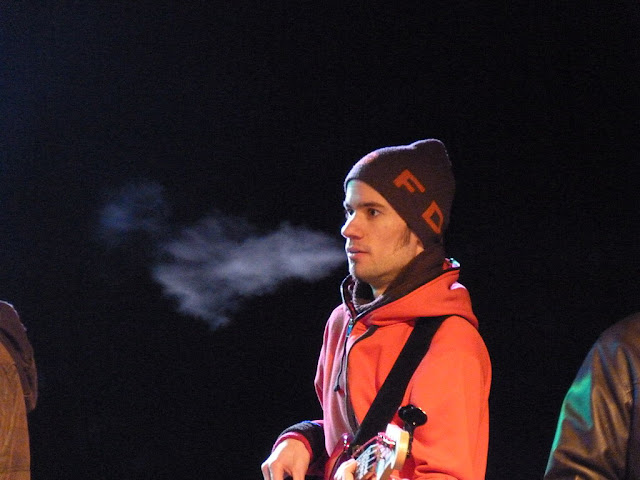BREATHING (HUMANS)
When Thomas Edison died in 1941, Henry Ford captured his last dying breath in a bottle.
In one breath, an adult inhales one pint of air, although the actual capacity of a lung is ten pints.
An average adult breathes in about 13 pints of air every minute.
An average adult breathes in about 13 pints of air every minute.
The average person takes between 17,280 and 23,040 breaths a day.
The average person breathes about 7.5 million times a year.
About 80% of people breathe through only one nostril. Which nostril, left or right, can alternate on average every two-and-a-half hours. This is controlled via turbinates - small structures inside the nose which consist of bony projections covered by erectile tissue - filling one side with blood, while shunting blood away in the other.
Since the nose is smaller than the mouth, nasal breathing is naturally slower than mouth breathing and is better for reducing stress.
If you hold your breath and put your face in cold water, your heart will immediately slow down by 25%.
You can not kill yourself by holding your breath.
A newborn baby is triggered into its first breathe by contractions that reducing oxygen flow through the umbilical, which increases carbon dioxide. The increase of carbon dioxide causes acidosis which triggers the respiratory center of the brain, causing the baby to start using it's lungs.
Circular breathing is a technique used to continuously sustain embouchure on wind instruments without interruption. It is achieved by breathing in through the nose while simultaneously pushing air out through the mouth using air stored in the cheeks.
On May 14, 2017, 55-year-old Nigerian saxophonist Femi Kuti used circular breathing to break the Guinness World Record for single note held on a saxophone by playing for 51 minutes, 38 seconds. In 2023, citing potential health risks associated with pushing the limits of circular breathing for such extended durations, Guinness World Records officially retired the "longest continuous note on a saxophone" category.
Even when all the molecules in a single breath of air have been dispersed evenly in the earth's atmosphere, there will still be one or two of the same ones taken into the lungs with every subsequent breath. Every time you breathe in, you inhale one or two of the same molecules that you inhaled with the first breath you took as a baby.
At -90 degrees Fahrenheit the moisture in your breath will freeze in midair and fall to the ground.
 |
| By Derzsi Elekes Andor - Own work, CC BY-SA 4.0, $3 |
Dieting can cause bad breath since less saliva is produced which leads to dry mouth.
When you yawn, you take in three times more oxygen than you do in a normal breath.
BREATHING ANIMALS
Frogs and salamanders can breathe through their skin.
Beavers can hold their breath for 45 minutes.
Horses cannot breathe through their mouth. If their nostrils become obstructed, they could suffocate.
It has been calculated that a single breath from a mature blue whale can inflate up to 2000 balloons.
Bats breathe 200 times a minute when flying but only ten times an hour when hibernating.
FUN BREATHING FACTS
The phrase "bated breath," referring to a state of breathing almost halted by an emotion such as terror or awe, was first used by Shylock in Shakespeare’s The Merchant Of Venice.
The sound of Darth Vader mask's respirator function is trademarked in the U.S. Patent and Trademark Office under Trademark #77419252 and is officially described in the documentation as "The sound of rhythmic mechanical human breathing created by breathing through a scuba tank regulator."
The world record for holding your breath underwater belongs to Budimir Šobat from Croatia. On March 27, 2021, he managed to hold his breath for 24 minutes and 37.36 seconds in a static apnea dive, which means he was lying still at the bottom of a swimming pool.
Source Greatfacts.com, Daily Express
Source Greatfacts.com, Daily Express
.jpg)
No comments:
Post a Comment